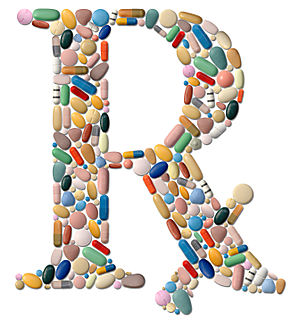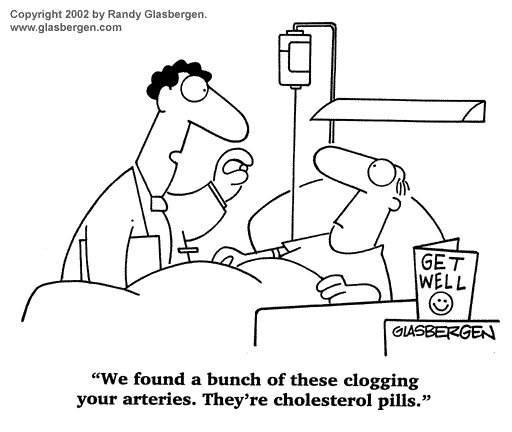
In a commentary published in the October 20, 2011 issue of The Journal of Pediatrics, Dr. Eric Hassall cautions that medicine has turned normal function in infants into a disease complete with drug therapy and the resulting list of adverse events.
The problem lies in the fact that many doctors are viewing frequent spitting up, irritability and unexplained crying in infants under the age of one as a medical condition because the symptoms are distressing to parents. This has resulted in an increase in written prescriptions for acid-suppression medication over the last decade. Continue reading “Are We Medicalizing Normality?”





